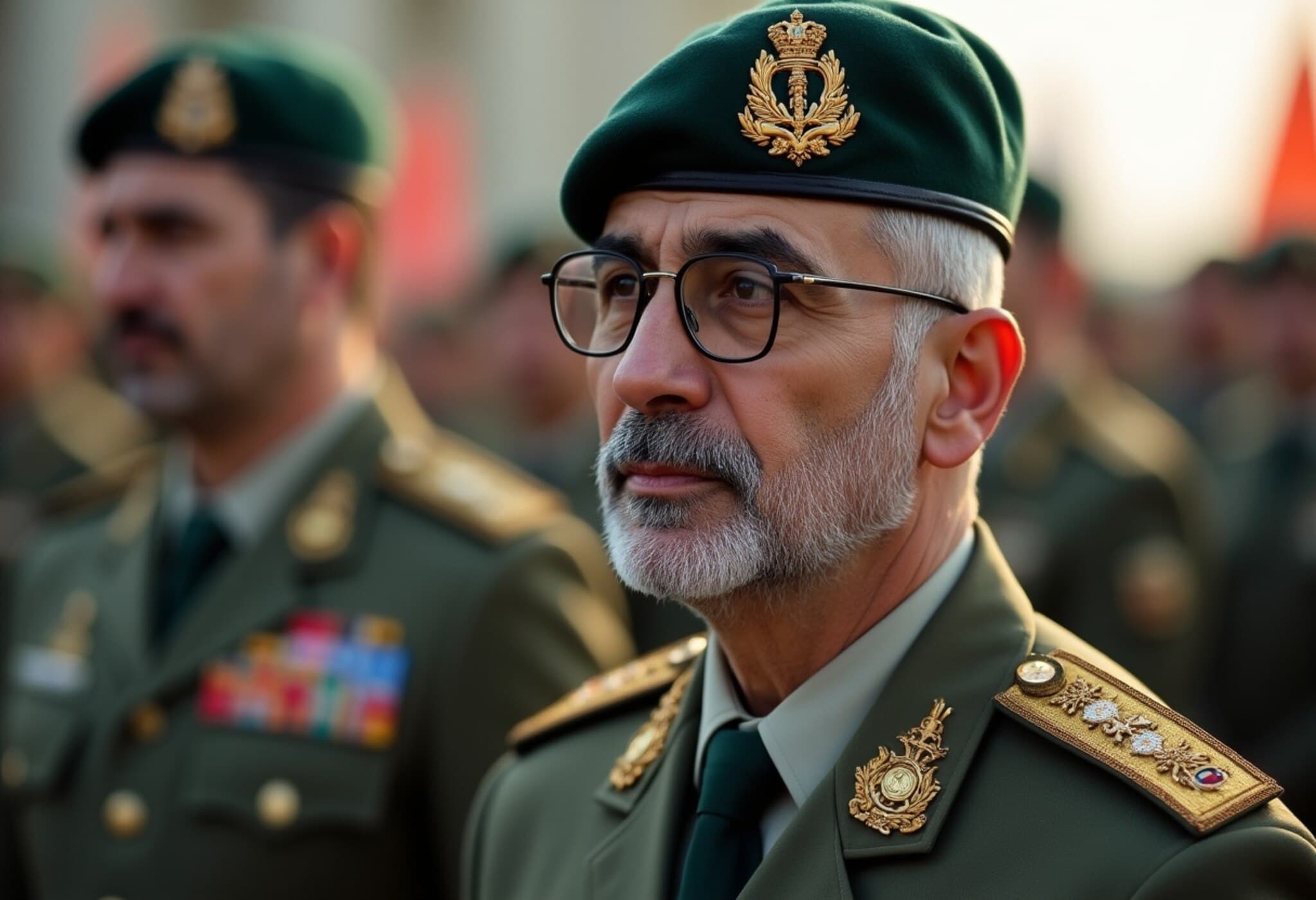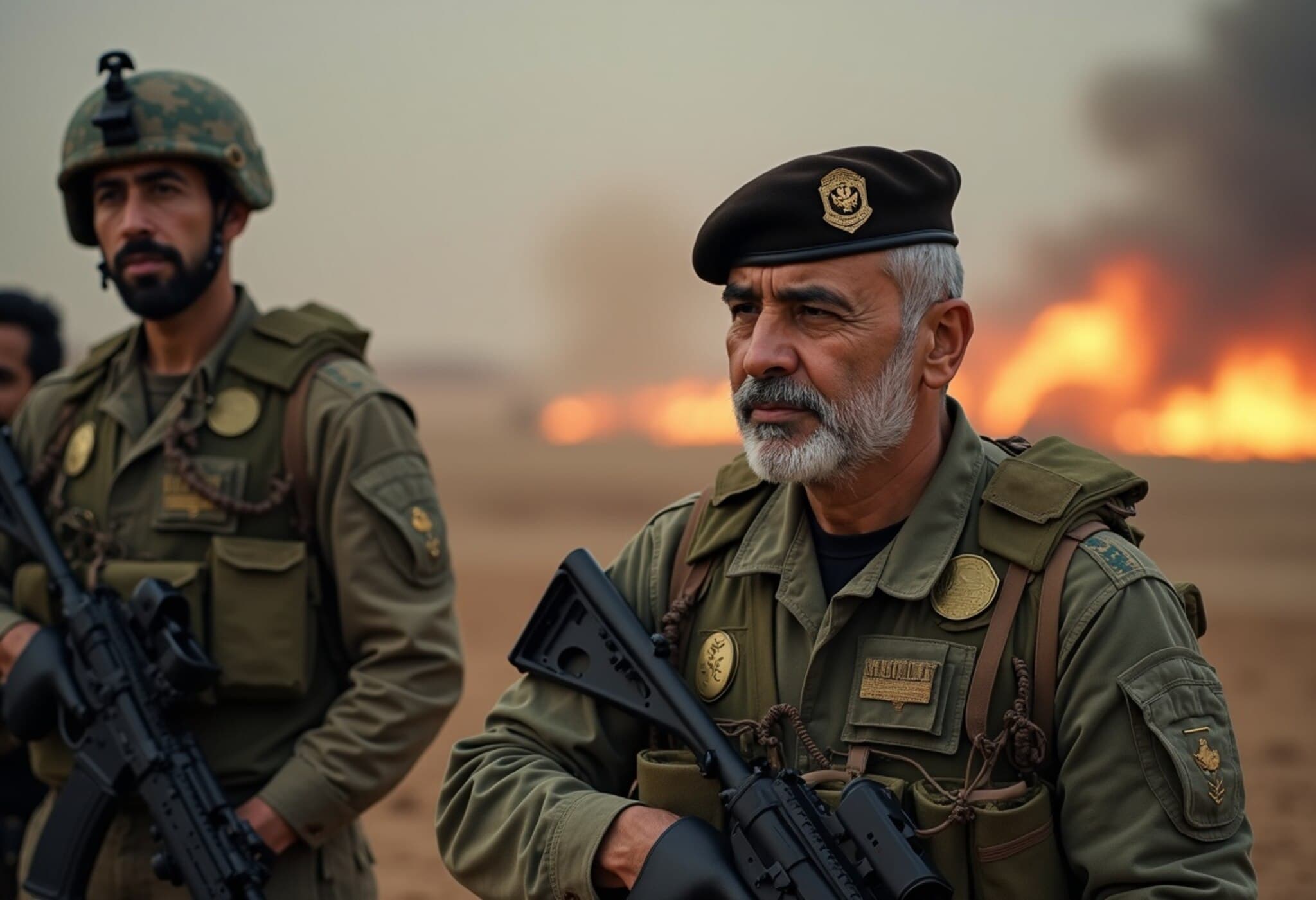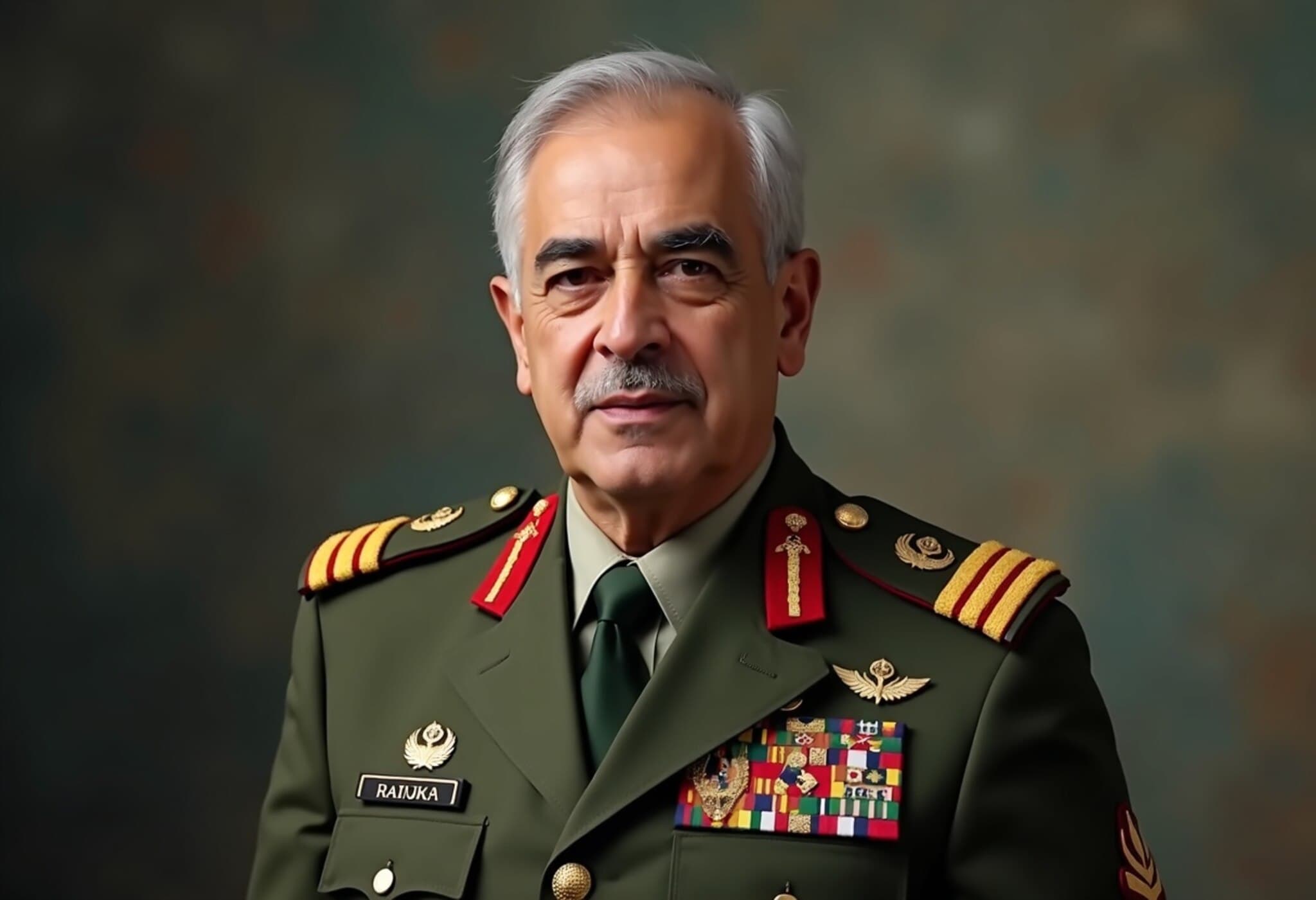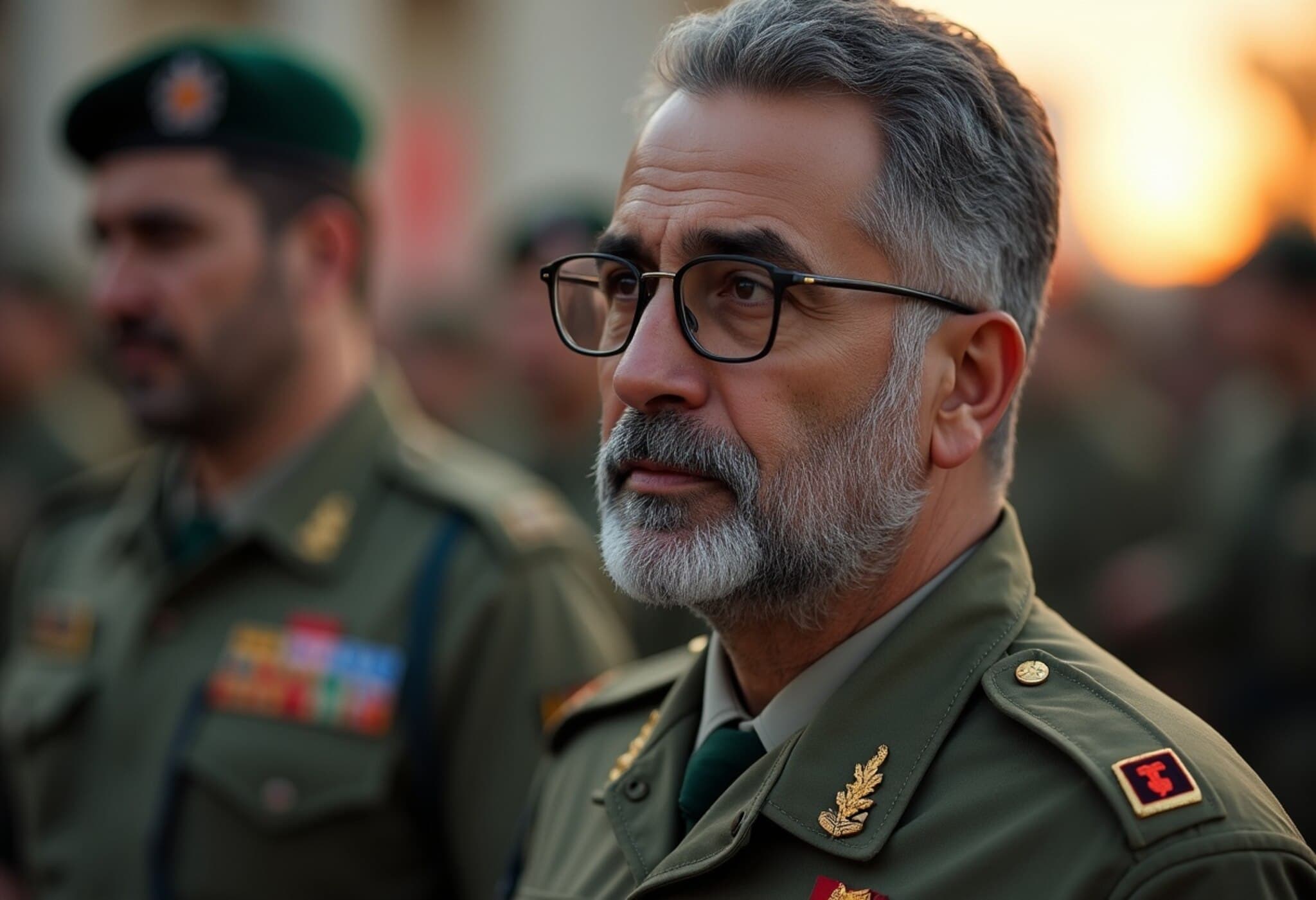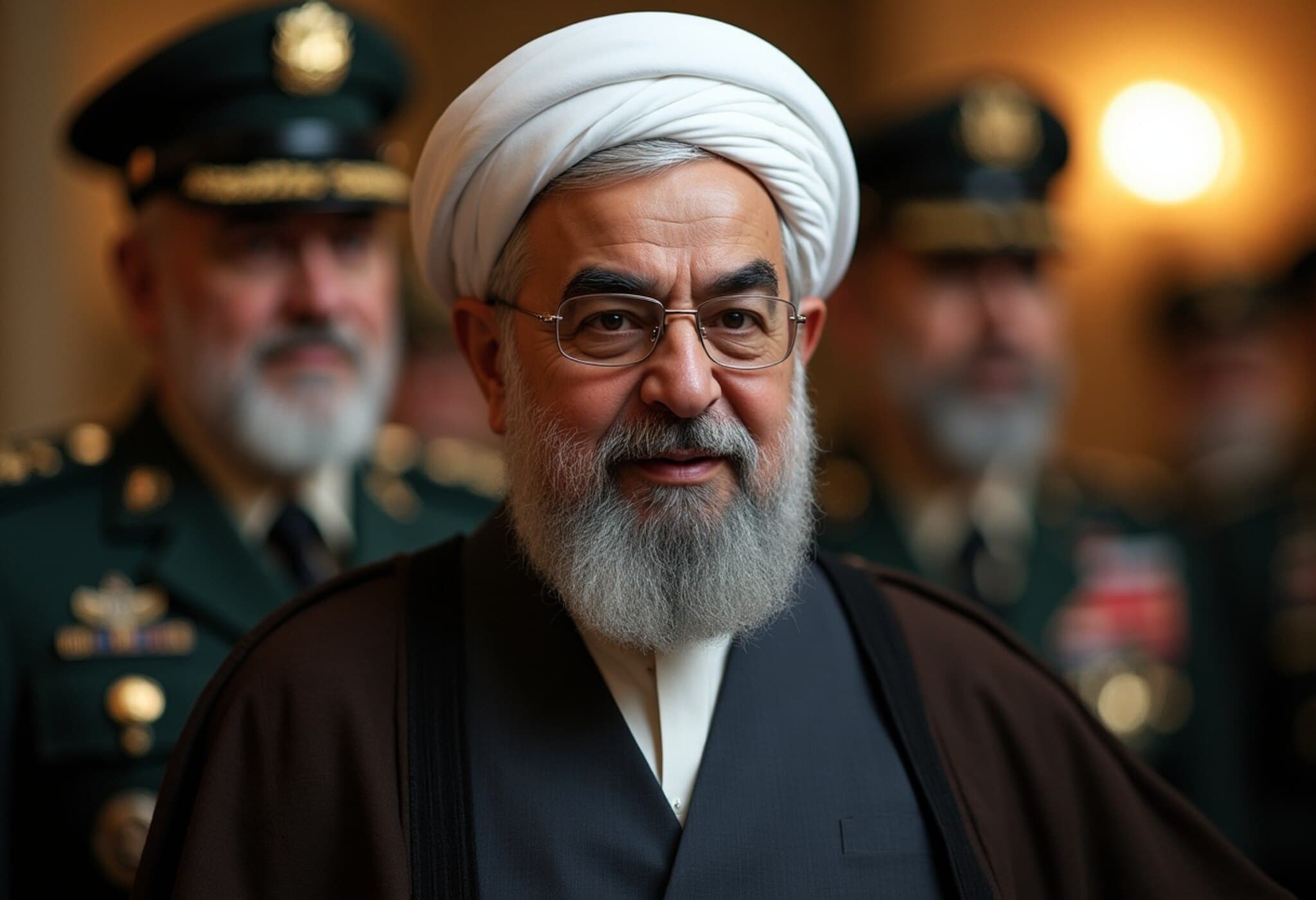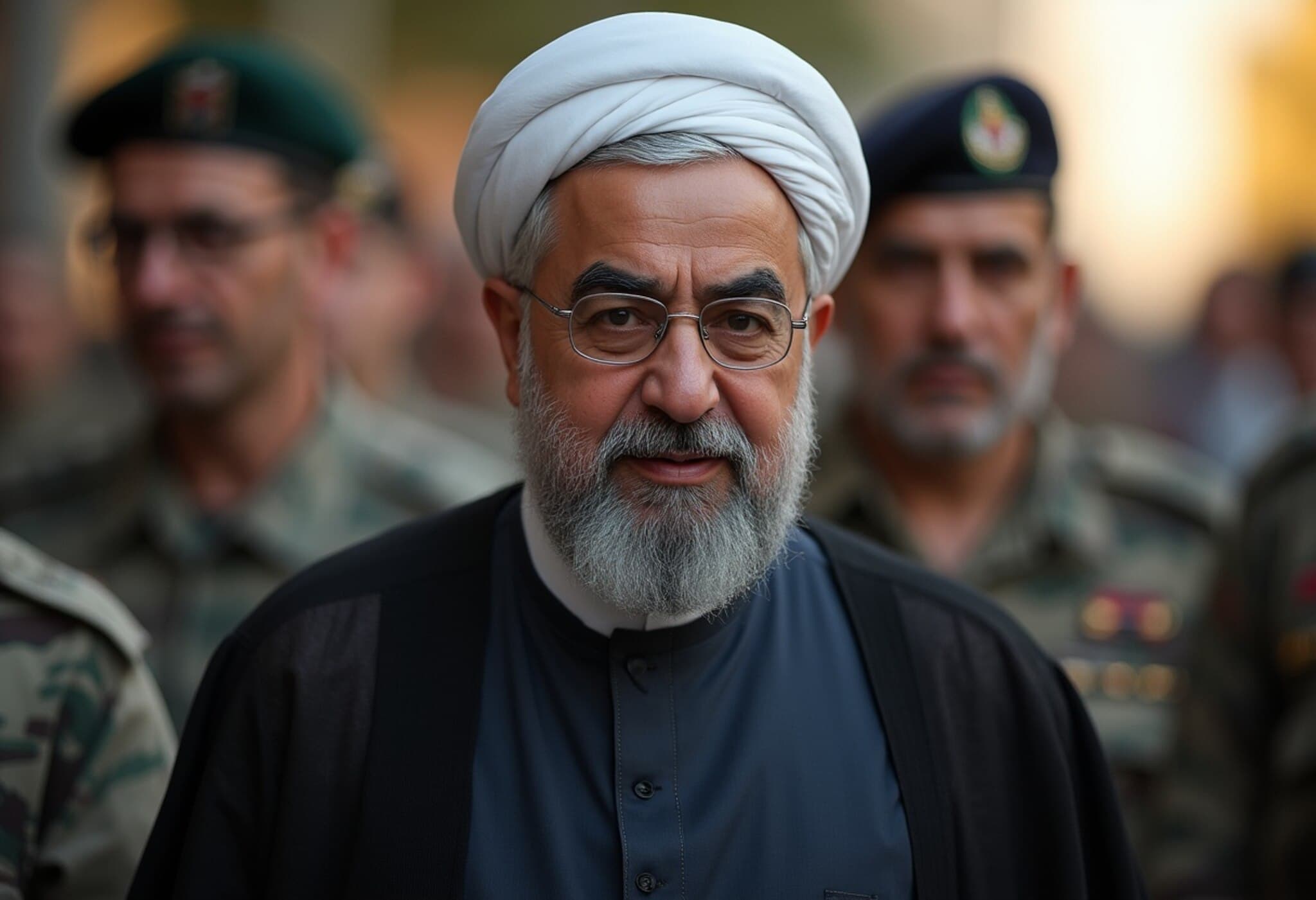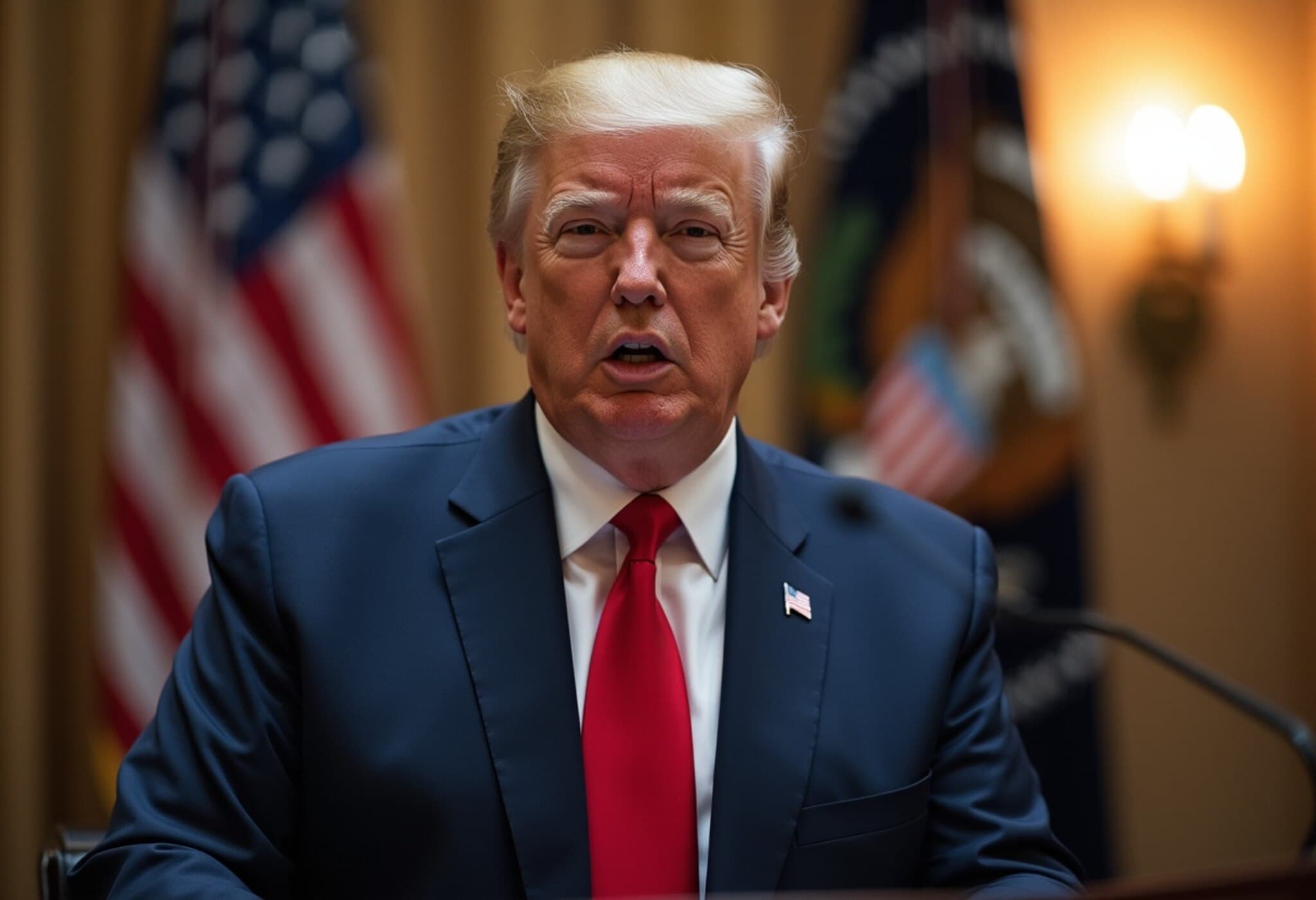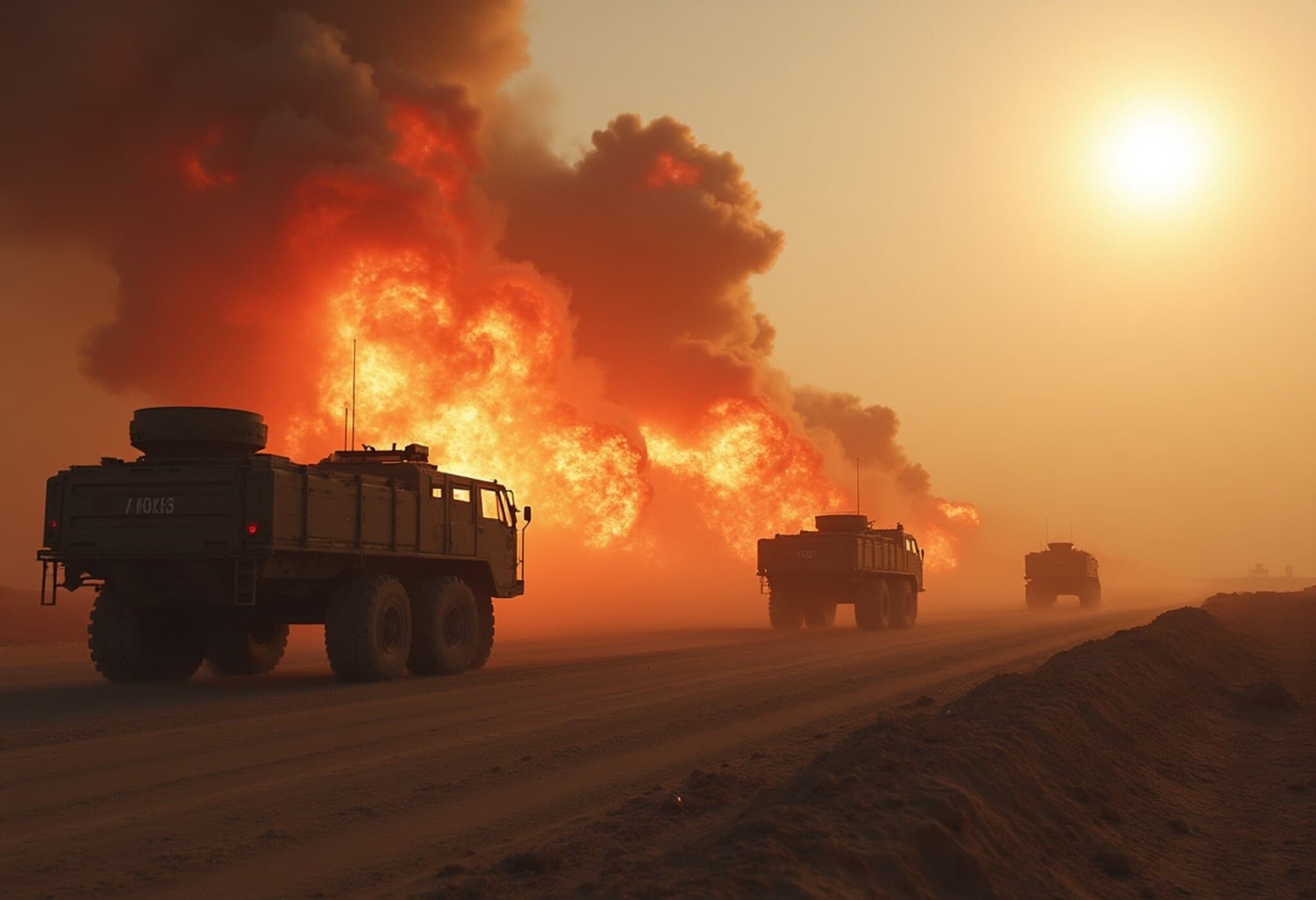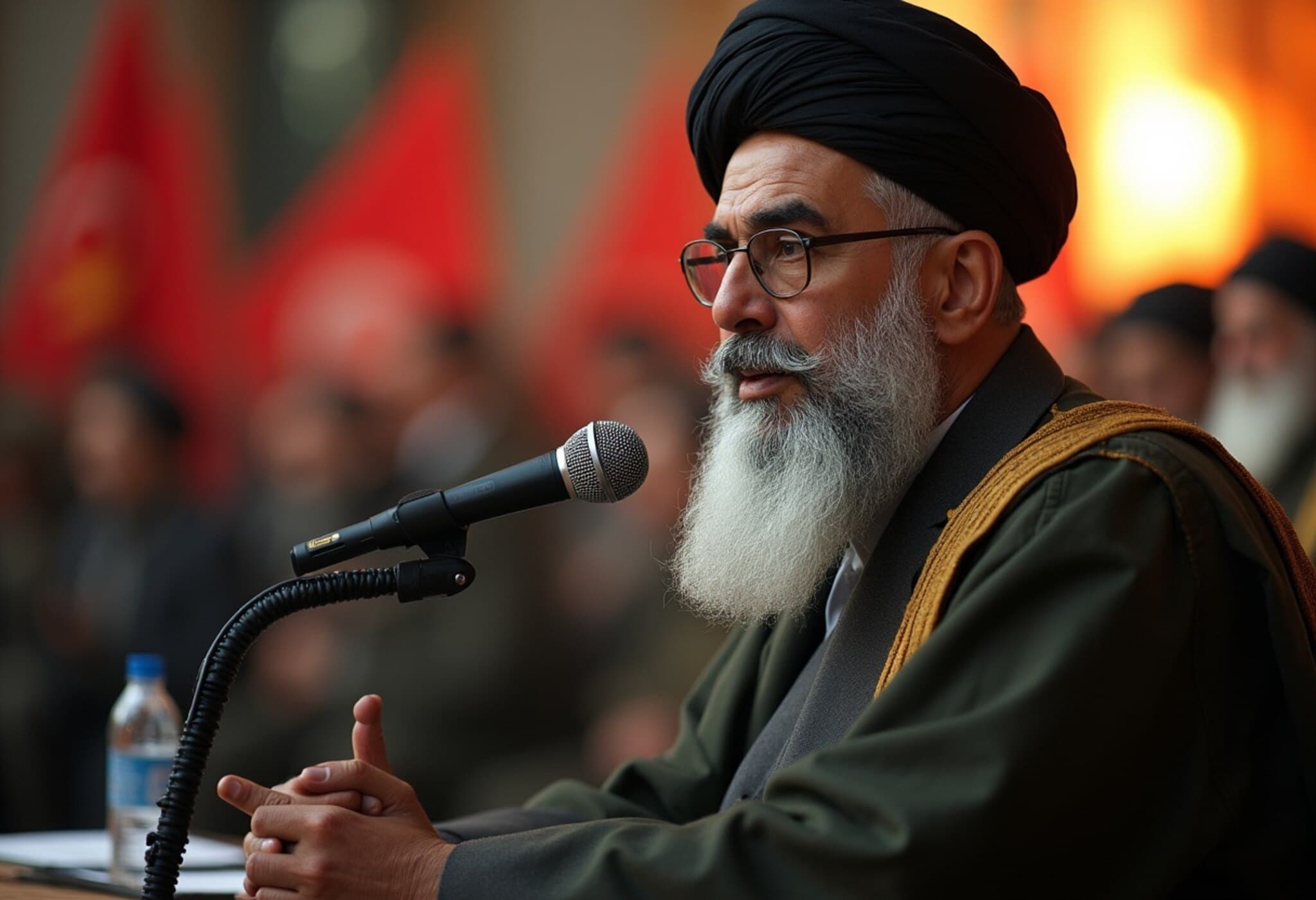Iran Installs New Head of Revolutionary Guards Intelligence
In a significant move amid escalating regional tensions, Iran has appointed Brigadier General Majid Khadami as the new chief of intelligence for its Islamic Revolutionary Guards Corps (IRGC). The announcement came after the assassination of his predecessor in a recent Israeli airstrike.
Leadership Shifts in Iran's Military Intelligence
Major General Mohammad Pakpour, the commander of the IRGC, confirmed the appointment, replacing Mohammed Kazemi, who was killed alongside two other senior IRGC officers in Sunday's Israeli strike. Pakpour himself took command after Hossein Salami was targeted in an Israeli operation earlier this month.
Reflecting on the intelligence division's progress, Pakpour remarked, “During the years that our martyred commanders Kazemi and Mohaghegh led the IRGC Intelligence, we witnessed significant growth in all aspects of intelligence within the IRGC.”
Backdrop of Heightened Conflict Between Iran and Israel
This leadership change follows a surge in hostilities, with Israel conducting targeted air raids on Iranian nuclear and military facilities. Israel claims these strikes are aimed at stopping Iran from advancing a nuclear weapons program — a charge Iran rejects.
The Israeli operations have resulted in the deaths of several high-ranking Iranian officials, provoking retaliatory actions from Tehran. Most recently, Iran struck an Israeli hospital in response, escalating the tit-for-tat violence.
Following his recent appointment by Iran’s supreme leader, Ali Khamenei, Pakpour vowed fierce retaliation, warning of opening “the gates of hell” against Israel.
Regional Stability at a Crossroads
The ongoing confrontation showcases the volatility of Iran-Israel relations, with top Israeli figures openly discussing the possibility of targeting Iran’s leadership, including Khamenei. The appointment of Khadami underscores Tehran’s intent to maintain a robust intelligence apparatus during this precarious period.
As both sides remain entrenched in their positions, the situation continues to bear watching for its potential to reshape security dynamics across the Middle East.

